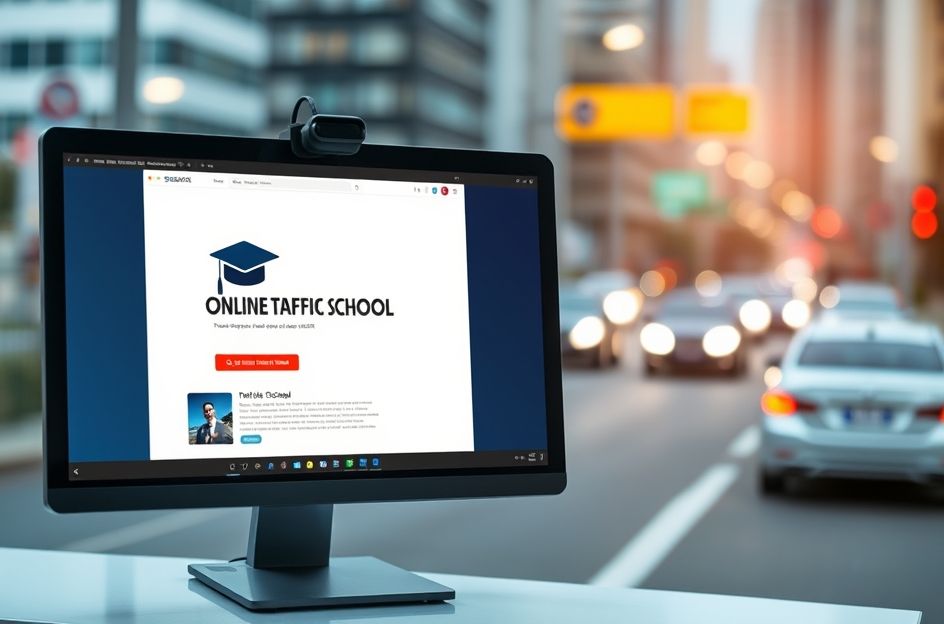In today’s digital age, choosing an online traffic school requires careful consideration to avoid scams. While online traffic schools offer a convenient way to dismiss traffic tickets and keep points off your driving record, it’s crucial to verify their legitimacy.
To ensure a traffic school is certified, consult the court-approved list, often available at the courthouse or on the county court’s website. These lists exclusively feature certified online traffic schools. Certification processes vary by state. In California, monitoring companies, contracted by the courts, oversee and certify traffic schools. In contrast, Florida and Texas rely on the Department of Motor Vehicles (DMV) for approval.
Be wary of schools that claim certification without proof. Always confirm their credentials by asking for the certifying organization’s name and contacting them directly. Poor grammar and subpar course materials are also red flags.
Legitimate online traffic schools undergo rigorous evaluation. Their course content, typically 100-150 pages, is thoroughly reviewed to ensure compliance with curriculum, legal, and grammatical standards. Meeting these standards is a prerequisite for certification.
Another reliable method is checking for the Better Business Bureau (BBB) logo on the school’s website. BBB accreditation requires businesses to pass extensive background checks. Contacting the BBB can reveal any complaints filed against the school, providing further insight into its legitimacy and service quality. By taking these precautions, you can confidently choose a reputable online traffic school that meets your needs.
